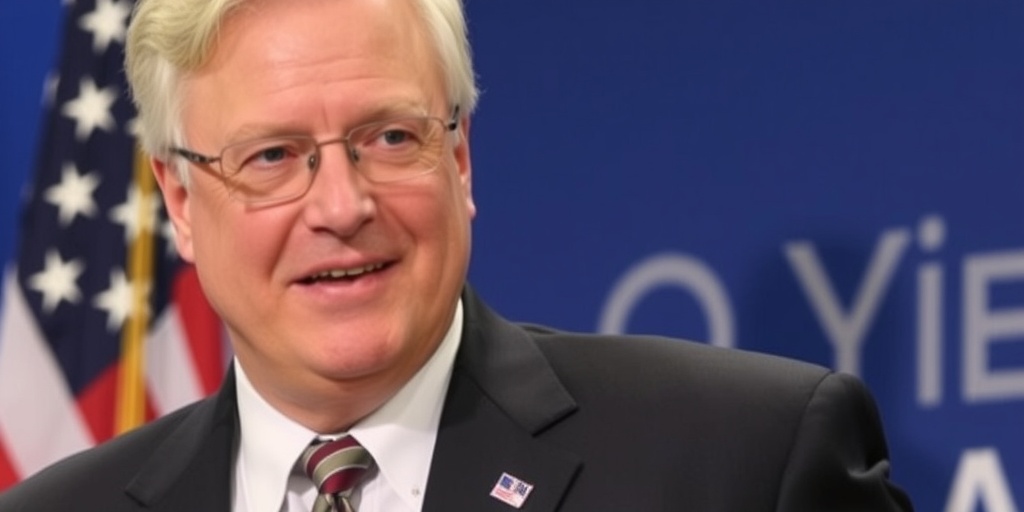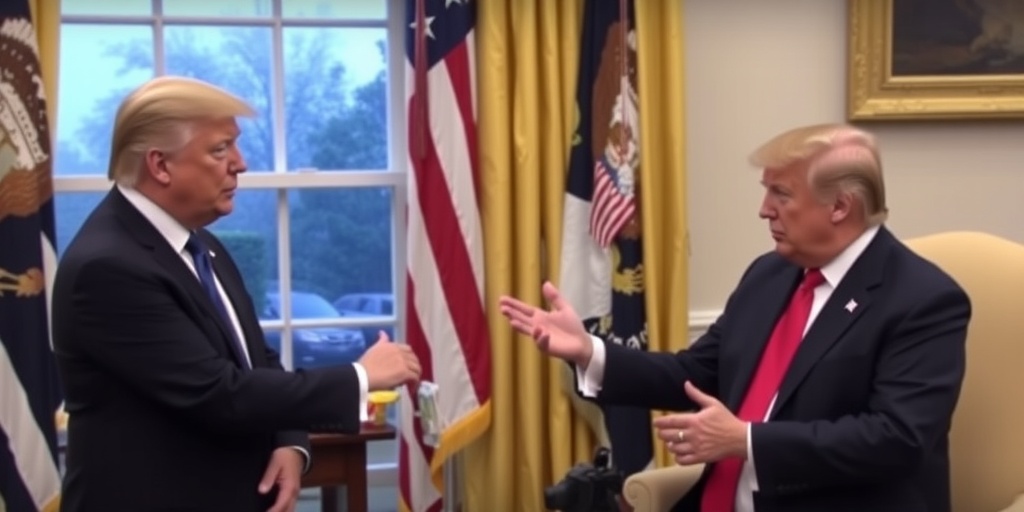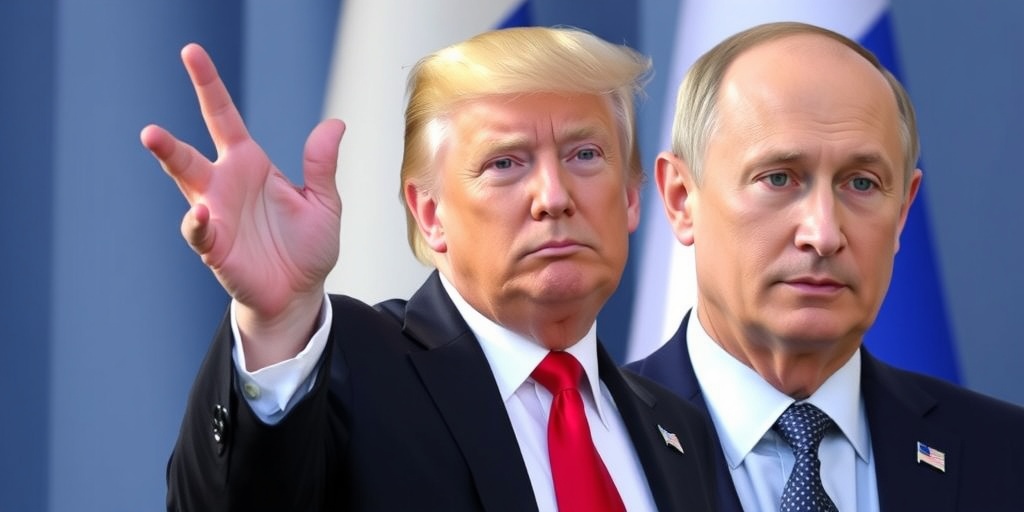Now Reading: Honduras to Extradite Suspect in Iowa Woman’s Murder
-
01
Honduras to Extradite Suspect in Iowa Woman’s Murder
Honduras to Extradite Suspect in Iowa Woman’s Murder

Honduras Starts Extradition Process for Accused Killer of Iowa Woman
The government of Honduras has initiated the extradition process for Eswin Mejia, an undocumented immigrant wanted in the United States for the 2016 murder of Sarah Root, a 21-year-old Iowa woman. This case, which became a significant talking point for Donald Trump during his first presidential campaign, has resurfaced amid a broader effort by Central American countries to demonstrate cooperation with the current U.S. administration.
Eswin Mejia allegedly caused Sarah Root’s death by driving under the influence and crashing into her vehicle at a stoplight in Omaha, Nebraska, in January 2016. After being detained and charged, Mejia was released on bond but subsequently fled to Honduras. His return to custody was confirmed following his arrest in a town situated approximately 125 miles northwest of Tegucigalpa, the Honduran capital. He made a court appearance before a Supreme Court judge the day following his arrest.
Enrique Reina, Honduras’s foreign minister, provided an update on the situation, stating that the Honduran Supreme Court had ordered Mejia’s arrest and a judge would review the U.S. extradition request. In an interview, Reina remarked, “This has to go through a process,” further noting that the Honduran government has engaged with over 50 U.S. extradition requests since President Xiomara Castro took office in 2022.
As of yet, the White House has not issued a comment regarding Mejia’s extradition process. The State Department redirected inquiries to the Justice Department, which has also remained silent on the matter.
The Trump administration has consistently pressured Latin American nations to return individuals wanted by U.S. authorities to aid in its campaign against illegal immigration and crime—a central theme of Trump’s political messaging. On the same day that Mejia was apprehended, Mexico deported 29 individuals tied to drug cartels, including Rafael Caro Quintero, a notorious figure associated with the Sinaloa cartel. The U.S. government also recently engaged in discussions with Mexican officials for a potential new security agreement.
Ricardo Zúniga, a retired State Department official who served as a special envoy for the region, commented on the dynamics at play. He indicated that various Latin American governments, including Honduras, are maneuvering to align their policies with Trump’s administration to avoid negative consequences such as tariffs. “For many governments in the region, having a deal where they give Trump what he wants and in exchange they’re left alone and no one will get in their business, they’re quite comfortable with that deal,” he stated, acknowledging fears of new tariffs looming over them.
The case of Sarah Root became emblematic for Trump during his initial campaign in 2016, as he sought to highlight instances where undocumented immigrants were implicated in crimes. Honduras, unlike Mexico, is not facing immediate tariffs but has signaled its intent to collaborate with the U.S. The Castro administration’s prior attempts to dissolve a longstanding extradition treaty with the U.S. and its threats to expel the U.S. military from a strategic air base contradicted the recent shift to a more cooperative stance.
In a notable development, the Honduran government chose to allow its Soto Cano air base to function as a transfer point for deportation flights from Guantánamo. This action, which facilitated Venezuelan deportees being flown to Honduras before returning to Venezuela, was described by Reina as indicative of strengthening ties between Honduras and the United States.
Despite the Honduran government’s swift action following Mejia’s extradition request, there may be legal hurdles ahead. According to an anonymous source, Honduran law poses challenges in extraditing individuals accused of murder, which could complicate the process. Mejia is expected to remain in custody until his next hearing scheduled for March.
Trump has maintained a narrative linking crime to illegal immigration, forming a core aspect of his strategy to bolster support for his anti-immigration policies. This narrative has resonated with segments of the American public, reflected in polling that indicates higher support for Republican views on immigration issues compared to those of Democrats.
As part of his ongoing campaign agenda, Trump has introduced legislation addressing the detention of migrants entering the U.S. without authorization, spurred by the tragic case of a young nursing student killed by an undocumented immigrant. Critics, however, point out that claims regarding higher crime rates among immigrants lack supporting evidence, with studies showing that immigrants are statistically less likely to commit crimes than native-born U.S. citizens.
The unfolding developments surrounding Mejia not only emphasize the complexities of international cooperation on criminal justice matters but also reflect the evolving dynamics of U.S.-Latin America relations under the Trump administration. As the extradition process continues, it remains to be seen how both countries will navigate legal and diplomatic challenges in pursuit of justice for Sarah Root and her family.
Stay Informed With the Latest & Most Important News
Previous Post
Next Post
-
 01New technology breakthrough has everyone talking right now
01New technology breakthrough has everyone talking right now -
 02Unbelievable life hack everyone needs to try today
02Unbelievable life hack everyone needs to try today -
 03Fascinating discovery found buried deep beneath the ocean
03Fascinating discovery found buried deep beneath the ocean -
 04Man invents genius device that solves everyday problems
04Man invents genius device that solves everyday problems -
 05Shocking discovery that changes what we know forever
05Shocking discovery that changes what we know forever -
 06Internet goes wild over celebrity’s unexpected fashion choice
06Internet goes wild over celebrity’s unexpected fashion choice -
 07Rare animal sighting stuns scientists and wildlife lovers
07Rare animal sighting stuns scientists and wildlife lovers





















